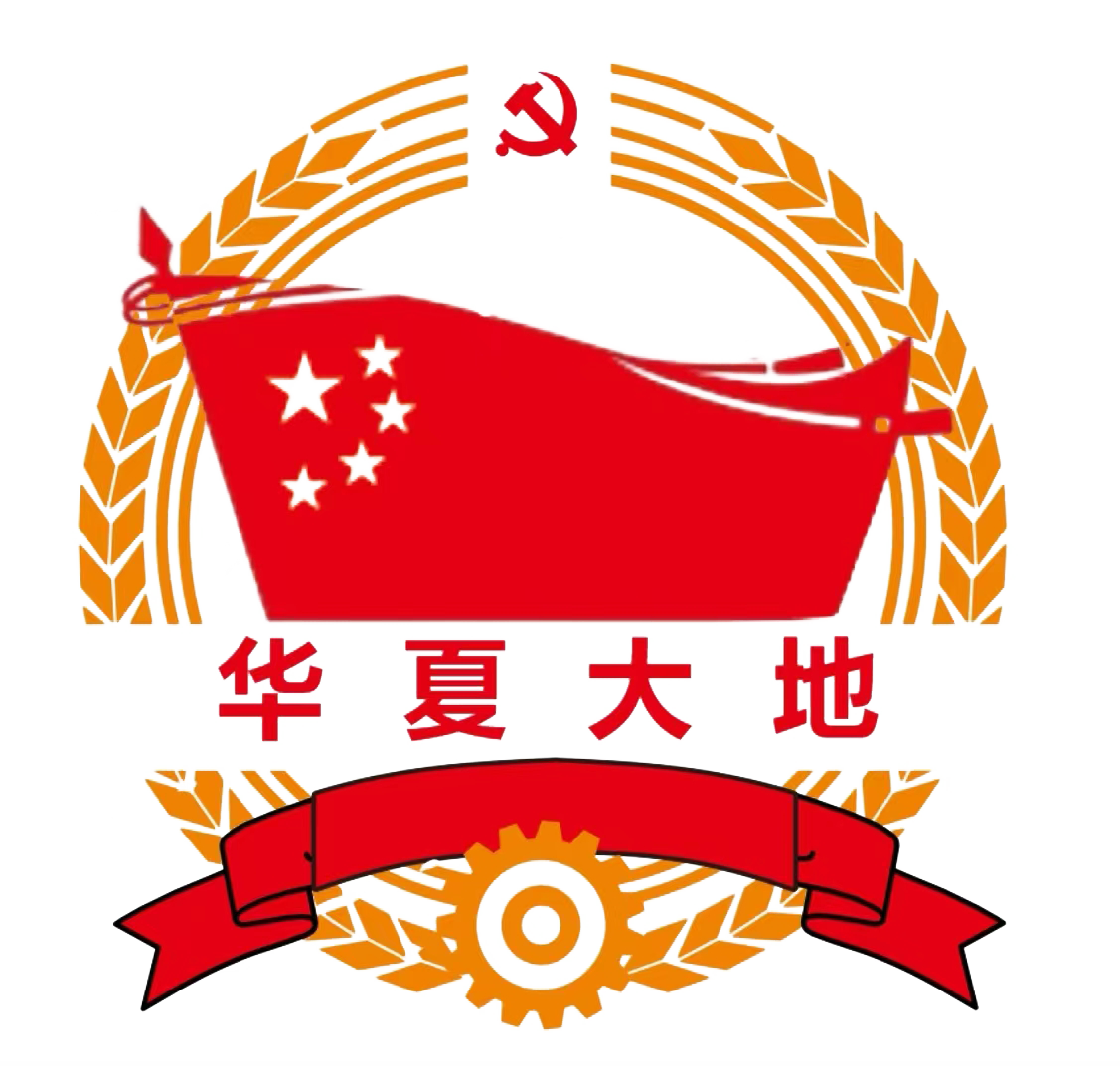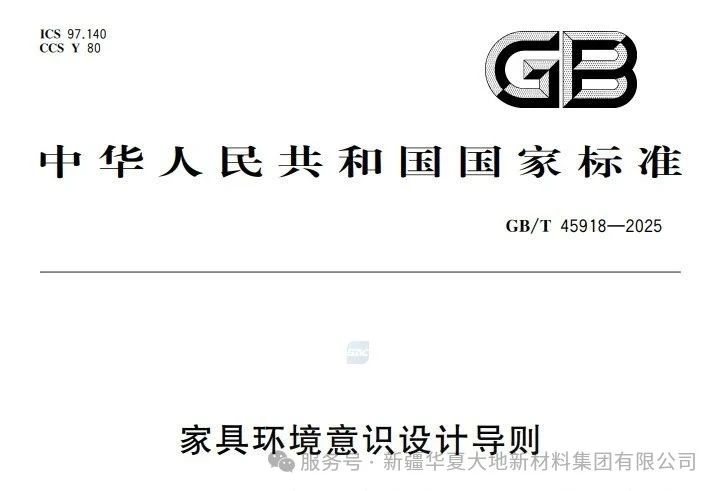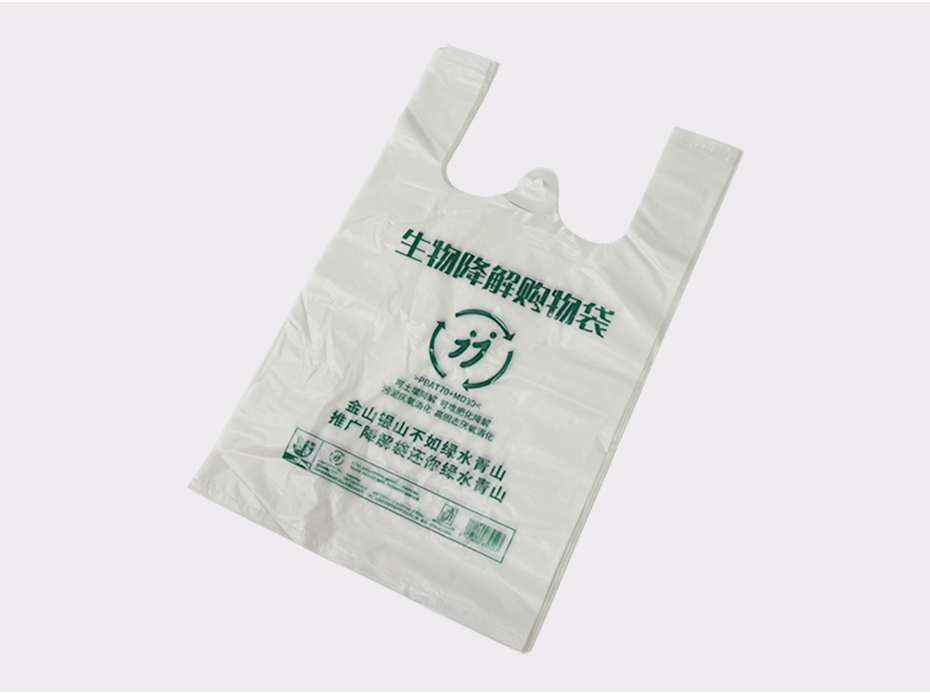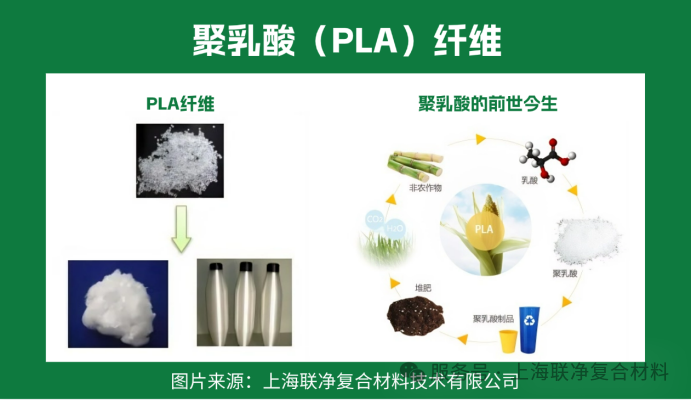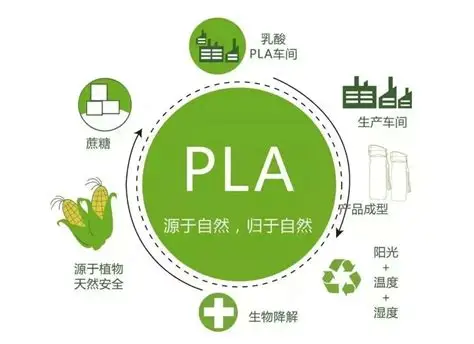The latest research on "nanoplastic pollution" and "worrying chemicals" highlights that when negotiations resume in Switzerland next month, countries urgently need to reach a strong agreement. This issue of Nature features two research articles, one news and views piece, one research brief and one editorial, all calling for attention to plastic pollution.
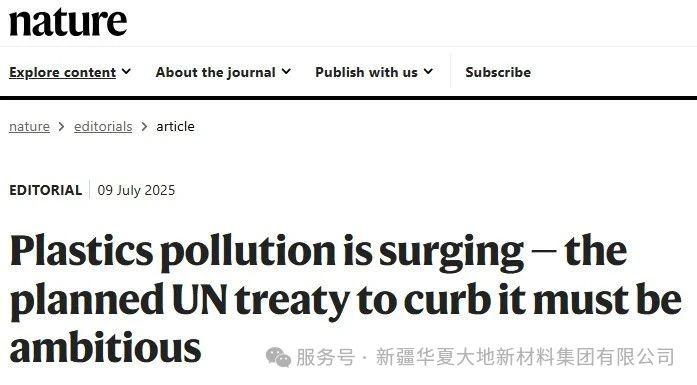
Global plastic consumption is growing explosively. More than half of all the plastic produced in human history has been made since 2000. If the current trend continues, global annual plastic production is expected to double by 2050. As most plastic products are single-use and the current plastic waste recycling rate is less than 10%, these outputs will continue to pollute the global land and marine environments.
Against this backdrop, there is less than a month left until the final round of negotiations on the UN treaty to address plastic pollution. Negotiators and observers from around the world will gather in Geneva, Switzerland, from August 5th to 14th, hoping to reach a treaty text that can have a substantive impact.
So far, negotiations have been repeatedly disrupted and delayed by oil and plastic-producing countries such as Saudi Arabia, Iran, Russia and China. These countries, who call themselves the "Like-Minded Group", insist that the treaty should only cover plastic recycling and consumption, and oppose restrictions on plastic and related chemical production. As a vast amount of research continues to reveal the severity of plastic pollution, research institutions, governments and civil society organizations must resist these obstructive actions and ensure the conclusion of an ambitious and powerful treaty.
Two studies published this week in Nature are enough to alert negotiators to the urgency of the situation. One focuses on marine plastic pollution: currently, the focus in this field is mainly on macroscopic pollution visible to the naked eye, such as turtles trapped in plastic rings, discarded plastic washing up on islands, or accumulating in ocean gyres. A team led by Sophie ten Hove of Utrecht University in the Netherlands, however, has focused on the understudied issue of "nanoplastics" - particles less than one micrometer in diameter. They used advanced mass spectrometry techniques to measure the distribution density of nanoplastics in the Atlantic Ocean.
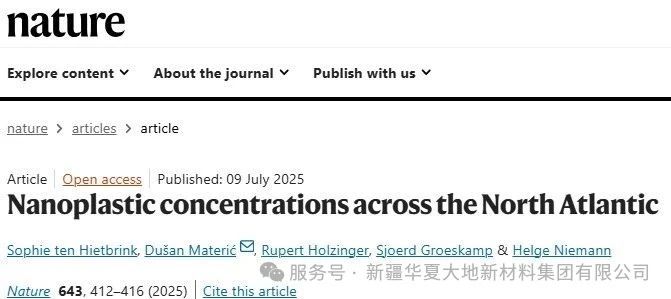
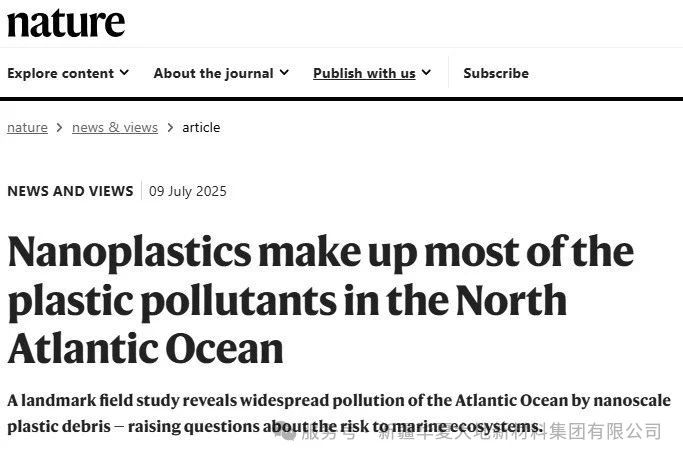
The researchers detected nanoplastics in all samples from coastal areas to the deep ocean interior and at various depths. In the surface waters of the temperate to subtropical areas of the North Atlantic Ocean alone, the team estimated that there were 270 million tons of nanoplastics. The paper states that this figure is equivalent to or exceeds some of the previous estimates of the total amount of plastic waste in the global oceans.
In the second study, the team led by Laura Monclaus from the Norwegian University of Science and Technology identified over 16,000 chemical substances present in plastic products or involved in plastic manufacturing. Among them, more than 4,200 were classified as "concerning chemicals" - including substances that cannot be naturally decomposed or are toxic.
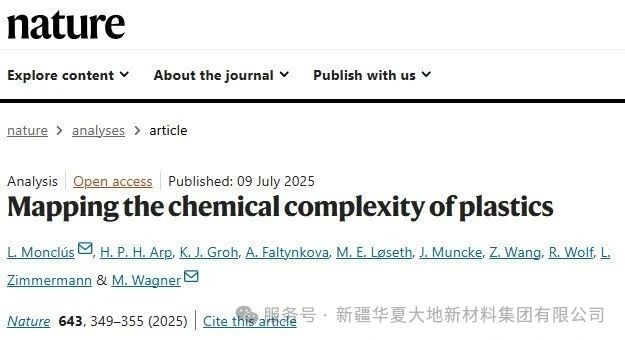
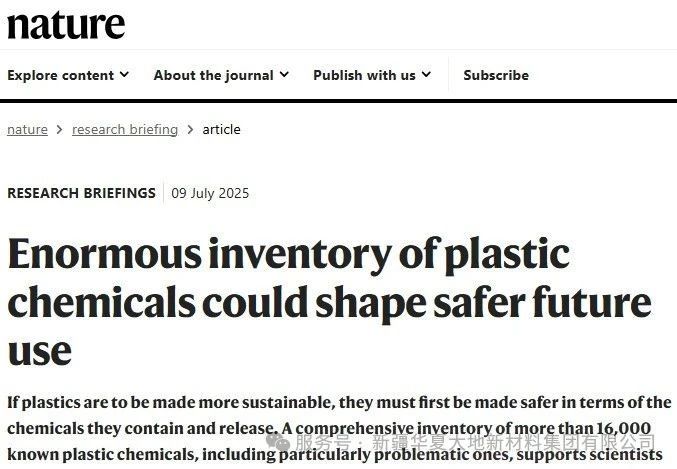
The negotiation of international treaties is inherently difficult and time-consuming. However, emerging research findings emphasize that an effective treaty text must include production restrictions clauses and establish regulatory benchmarks. Even if this means that substantial follow-up work will still be required after the treaty is passed. The positive aspect is that most countries have reached a consensus: although the negotiations in Busan, South Korea last December failed, the "Ambition Alliance" composed of more than 70 countries including the European Union, Australia, Canada, and the United Kingdom has signed a joint statement, striving to promote a treaty that includes measures to reduce the control of hazardous chemicals. Although the United States did not join, it initially supported the position of limiting production, but retreated at the end of the Biden administration last year, and its current position remains unclear.
Independent action aspect
Outside the framework of UN negotiations, multilateral groups have initiated their own initiatives. For instance, the European Union adopted the "Single-Use Plastics Directive" in 2019. This pan-European law aims to reduce the production of single-use plastics: it sets a target of 90% plastic bottle recycling rate by 2029 (with a phased target of 77% this year); and stipulates that all PET material beverage bottles must contain at least 25% recycled materials starting from this year. Canada, Australia's New South Wales state, and other places have also implemented specific bans on single-use plastic products.
Such measures are commendable, but the negotiators heading to Geneva need to demonstrate greater courage. Those who advocate weakening the treaty claim that restricting production will endanger employment and livelihoods, especially affecting the development of future generations - this is a false dilemma. The development of plastic substitutes will give rise to new industries and job opportunities, and future generations need a habitable planet more than anything else.
If the Geneva negotiations fail to reach an agreement, or if the resulting treaty fails to effectively restrict production and chemical regulation, some researchers advocate initiating Plan B: the "Ambition Alliance" countries seek a stronger agreement outside the framework of the United Nations. All options should be considered, but the current priority is to gain public support and reach a strong treaty in the UN process. After all, there is no second Earth for humanity.
